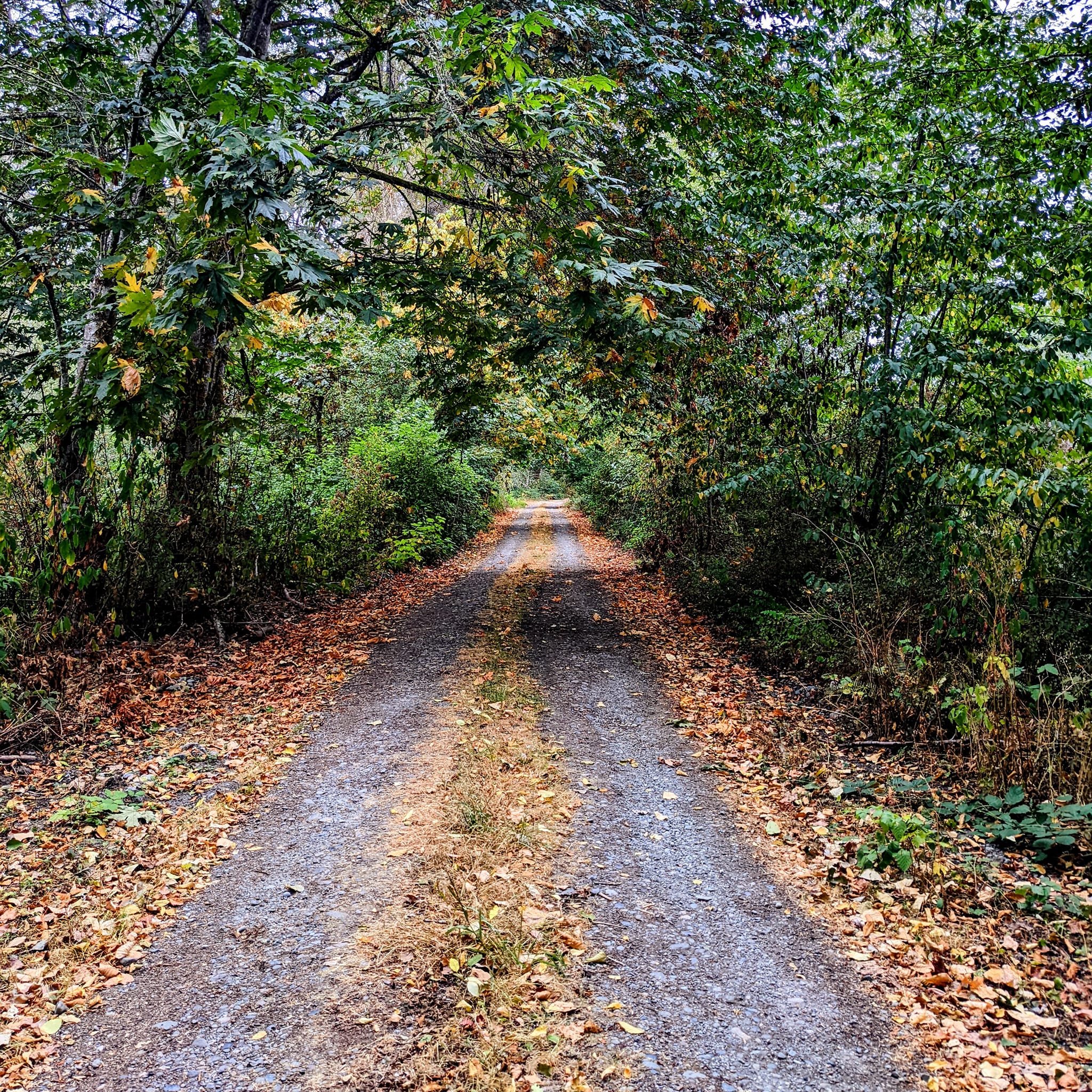Services
We strive to host dynamic events and set the table with powerful resources. Grounded in building collaborative relationships that facilitate meaningful change, toward making the world more accessible for Indigenous People.
Every person, project, or organization is different. We want to work with your team to make sure our collaboration is a success. From hosting educational workshops on the impacts colonization and creating dynamic resources for indigenous foods. To hosting multi session cultural safety learning journeys, rooted in indigenous foods, that take place over seasonal timelines. Even working with schools and universities to educate the next generation on the importance of indigenous foods and culture.
We always prefer to custom tailor workshops and events to help our hosts share their vision and exceed their expectations. That said, we have provided a few examples of previous workshops below. Our website also hosts a resources section that has links to our past projects as well as a host of resources we’ve found useful in our journey.

Indigenous Perspective Workshops
-

Unsettling Settler Words
The words we use have the power to include or exclude individuals and groups. Terms such as ‘pioneer’ or ‘frontier’ are often used to celebrate research that is cutting edge or innovative. However, these terms unwittingly reproduce settler colonialism, with their origins in the celebration of settler expansion and settlement at the expense of Indigenous peoples. This workshop will focus on how words matter and will provide insights and tools you can use to do work that contributes to just, equitable, decolonial, and sustainable futures.
-

The ten rights of reconciliation
After generations of genocide we, as both indigenous and non indigenous people, want to move forward together in a good way. It would go a long way toward uniting our two ways of life if there was a level of respect for first nations rights. Most of these rights are self evident and many are cemented in non indigenous society. Things like names, language, and culture are just a given for western people. Names like John and Susan, languages like English and French, and culture like how all our holidays are centered on the Christian europagan calendar, are all rights that western society is given. But now it's time to ensure that we give first nations people these same rights.
-

Language as a lens
Here on Vancouver Island, we see mountains with names like Douglas, Prevost, or Benson. We live in towns named Ladysmith, Courtney, Victoria, or Duncan. We pass islands called Portland, Galaino, or Wallace. We paddle on lakes with names like Kennedy, Sproat, Weeks, or Westwood. All of which have names that existed before colonization, names that connect us to legends, resources, and the true history of this place in which we find ourselves. Let’s talk about these old names and why they matter, all while exploring how simple language like plant names or tool names connect indigenous people to the environment directly.
Working collaboratively with teams and creating spaces where people feel safe to share authentically.

Traditional Food Workshops
-

Traditional Foods 101,
A brief introduction to how foods are central to culture.
A discussion about how traditional indigenous food systems not only created a food surplus, but directly benefited the ecosystem. Explaining how foods are harvested, processed, preserved, and eaten, to show how food systems impact the functioning of any society and the world it lives in. With a look at the lived experience of an indigenous chef trying to bring indigenous foods to the table in the province of so-called British Columbia. Examining how modern food regulations interact with traditional indigenous foods.
-

Traditional Foods 102
Examining the loss of indigenous food systems
Taking a look at traditional food harvesting and preparation technologies, how different they are from current systems, and imagining how they could be used today. Testing our eyes to see what plant patterns we recognize and what is taking their place. Then looking at how foods, food harvesting, and food protocols connect indigenous people to the land.
-

Traditional Foods 103
A detailed look at smoked fish and sxwesum,
A behind the scenes look at the process of smoking salmon the Salish way. Complete with instructional videos directly from the smokehouse and a complimentary HACCP food safety plan on how to prepare smoked salmon like Qwustenuxun’s elders used to. Then a fun look at Sxwesum, also known as Indian ice cream, this tart and bitter berry can be whipped into a froth matching whipped cream. Sxwesum served raw and bitter giving the group a chance to discuss the impacts of sugar on the modern palette.


